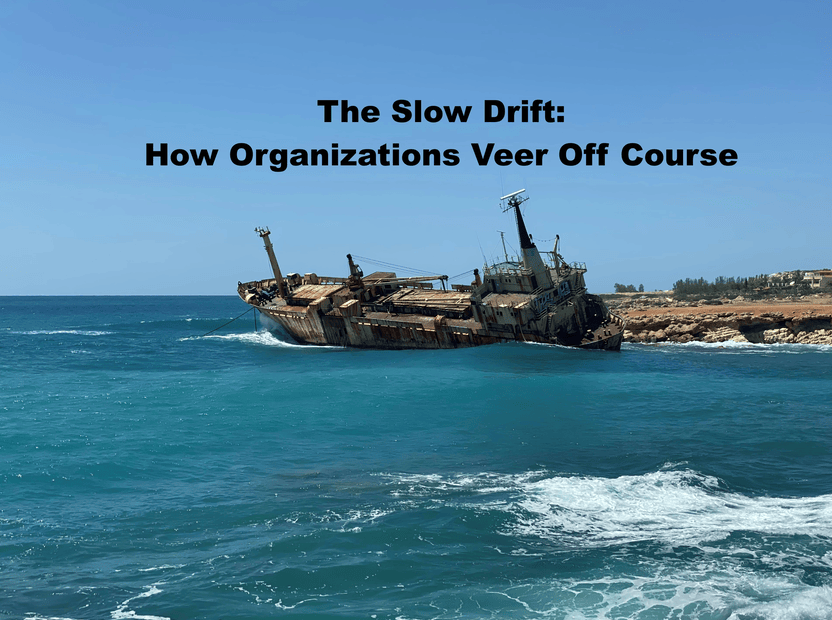Most people desperately want to be successful. We want to perform well at work, improve ourselves, and experience rich and meaningful relationships. We want to be successful. But how? What is the true psychology of success?
One of the debates today about success centers around, quite literally, how people think about success. In this debate, people ask two key questions: “What makes a person successful?” & “What is the mindset of a successful person?”
Generally, people group themselves into two categories of thought regarding these two questions about achieving personal success.
Some people answer those questions saying that success is the result of extraordinary talent, giftedness or natural ability. This way of thinking is often called the fixed mindset. (Dweck).
On the other side of the argument, people acknowledge that even though talent is important, ultimately success is achieved by persistence, hard work, and resilience. By contrast, this view is described as growth mindset.
The Fixed Mindset
Let’s start with the fixed mindset philosophy, which is the dominate psychology of success throughout the Western world.
Think for a moment about the world’s greatest athletes. People with this mindset, asked why Olympic gold medal sprinters are successful they say it’s because they are natural athletes. Their resting heart rate is lower; their quick-twitch muscles are faster than the average person. In other words, they were born lucky. They were destined to be great because of their physiology. Some top athletes believe this philosophy, but not all.
As I write this, many people consider Usain Bolt the world’s fastest man. To watch him compete is a thing of beauty and grace. He seems to run so effortlessly. It’s as if his body is a well-tuned machine. However, when Bolt was asked what he attributes his success to, he responded, “It’s all about the mental game.” He said you can be physically fit and in the best of shape, but if you’re not “mentally prepared, you won’t win.”
The Growth Mindset
Which leads us to the second option in the debate about success, the growth mindset. This group agrees with fixed mindset adherents that talent is important. Yes, they say to be successful you have to have talent. But they differentiate themselves by adding that talent is not enough. Pure talent will not win races. In fact, they observe that the most talented don’t always finish first. Why? Because people with a growth mindset believe that success is largely determined by attitude and effort, which is a combination of mental and physical attributes.
Of course, in reality, these two mindsets populate a spectrum of success. And at times people will find themselves moving back and forth on the continuum depending on the challenges they face. For instance, one person might have a fixed mindset in regards to mathematics, but a growth mindset for playing musical instruments. A friend told me she became an accountant because she has a natural ability for numbers. However, even though she was never very musical, she accepted the challenge from friends to join a choir. She has even learned to sing harmonies.
Two Key Questions
Wherever people find ourselves on this spectrum of the psychology of success, most would acknowledge that talent, attitude and effort are important components of success in any field. However, the defining difference occurs when people answer these two questions:
- What role does talent play in determining success?
- Where do attitude and effort contribute to lasting success?
The behavior and reactions of people who believe that talent determines success is radically different from people who believe that attitude and effort determine success.
In my next post, I’ll describe the behaviors, knee-jerk reactions and outcomes of people who are motivated to compete primarily by talent (Fixed Mindset). Similarly, we’ll contrast what we find coming from a growth mindset point of view. In addition, we’ll look at what happens when industries operate from a fixed or growth mindset perspective.
Stay tuned.





